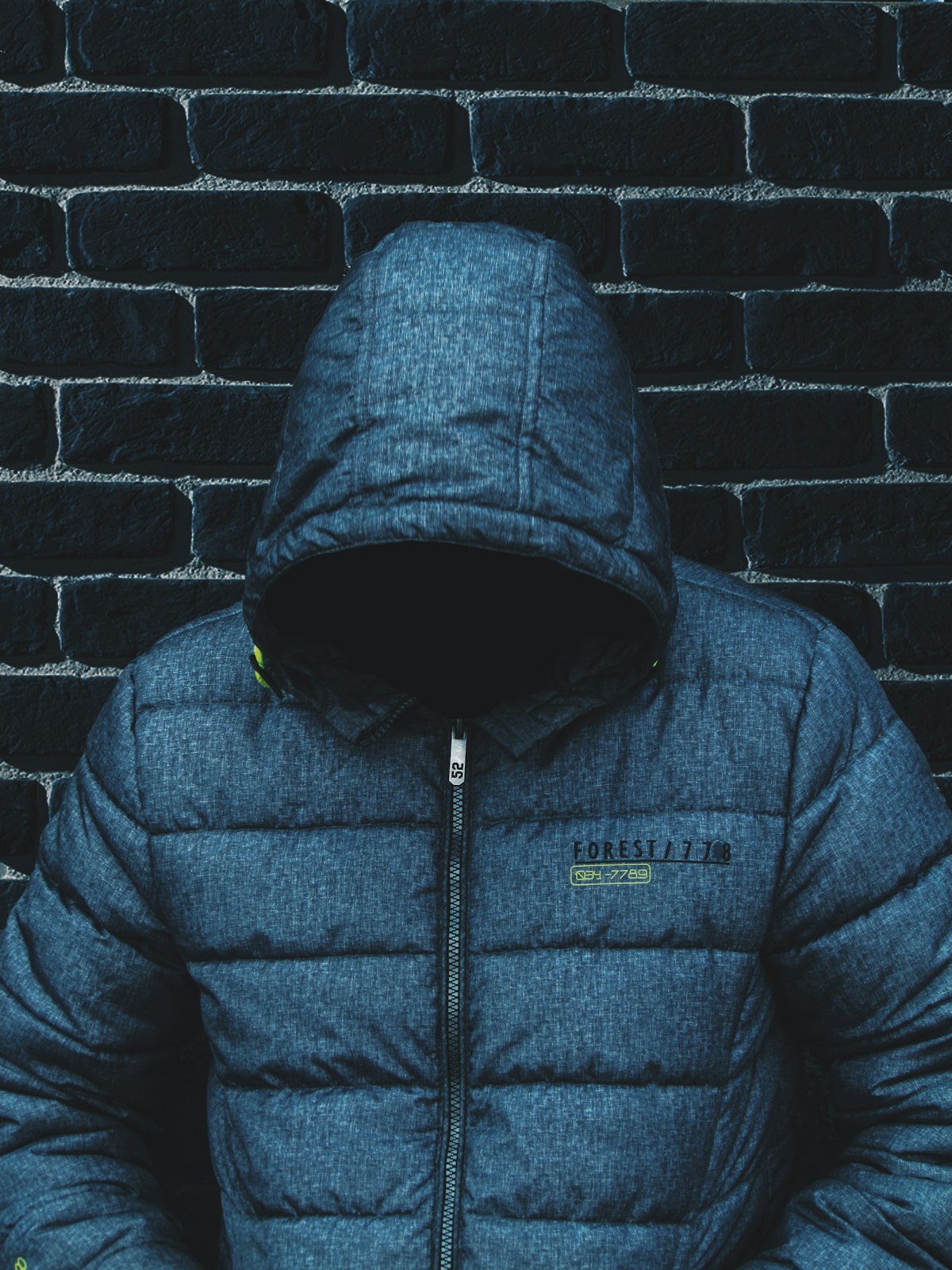"I have nothing to hide" is a lie

Every time you talk with someone about privacy online, most of them will probably reply with something similar to:
- I do not care about privacy, I got nothing interesting going on in my life.
- I don't mind if the government can have access to all my data, I am not doing anything illegal/wrong.
- I don't mind about my privacy, because I have nothing to hide.
So here are some of my ideas and counters to the I have nothing to hide argument:
If you have nothing to hide, then...
- while everybody poops, why everybody closes the bathroom door?
- why do you have curtains to your windows?
- unlock your phone and give it to me for 10 minutes so I can scroll through your private messages (evil, but hey, you just said you had nothing to hide, right?)
- give me access to your browser history and let me scroll through all your history, maybe I find something that you might not want to share with other people.
- why no share all your photos from your phone/iCloud/Google Photos publicly on Facebook?
- why not post all the details of your next vacation on Facebook, so people with bad intentions can give you a visit while you're not at home? (spoiler: burglary)
- why not post your debit/credit card information online so anyone can use it in "good" use?
Everyone has something that wants to hide
Have you ever searched for something online that you are not really comfortable sharing with the person sitting next to you? Have you ever wrote something personal to your friend or gossiped about another friend?
These are the things that you would truly like to keep hidden as that keeps any friendship sane and not go into too much argument.
But these are just some things that are minor things.
When things can get sideways
Let's assume you have an annoying boss and you hate his/her guts. You would probably find another colleague that has the same feeling and you start talking about your boss. Mean stuff. Texting, emailing, WhatsApp, you name it.
How would you feel if you would know that your boss could read your private messages with your colleague? Well, I am not sure about you, but I would either stick my head in the sand or just leave my job.
Firefox did a few years back an interesting documentary that shows the power of having something to hide. I highly recommend you watch it, it's interactive and quite easy to digest.
I remember watching that documentary, there was a section that talked about a woman that had taken a few sick days off because of a broken leg. The insurance company unofficially did not cover her expense for her broken leg, because they saw the woman during her sick days on the beach, presumably thinking that she was just lying about it. (Spoiler: the story was like that, it might not be 100% accurate, I would have to recheck the documentary again to confirm the exact story, but you get the idea.)
The way things are moving, the more we expose ourselves to the outside world, but more we will become vulnerable to getting a psychological profile of what we do online, even privately.
I for one, wouldn't want to get rejected for my next job interview because I spoke or did something publicly/privately. Each of us should have a right to some degree of privacy.
But it's not just the companies or government that should be restricting in invading our privacy, but it's also us that should be more careful what we speak/with whom we speak/what photos we share/what personal information we give away because we have to be more aware of the side effects that our actions would result in.
Tips if you have something to hide
Here are a few tips that will help you in protecting your online presence.
- clear your browser history from time to time
- try to limit your sharing compromising photos on any social media that would later bite you
- enable 2FA on every site/app you have. Well, at the least the ones that have that functionality. Especially the ones with more intimate things, like your photos (Google Photos/iCloud).
For more tips on how to protect your identity online, I wrote a separate blog post just for that topic.
Credits:
Photo by Caleb Woods on Unsplash
